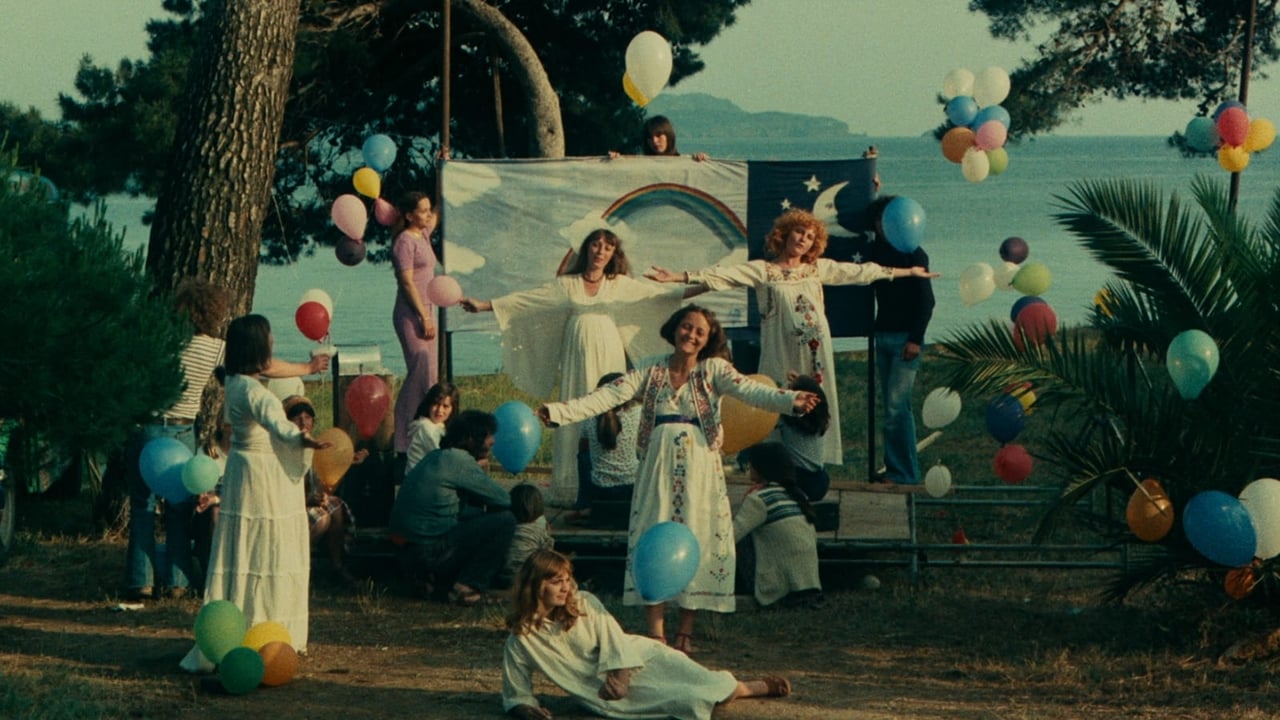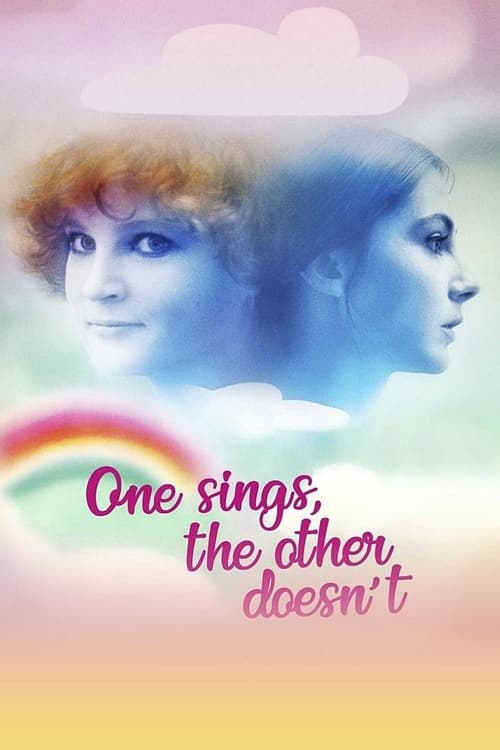
 One Sings, the Other Doesn't
— You are not born a woman… you become one.
One Sings, the Other Doesn't
— You are not born a woman… you become one.
One Sings, the Other Doesn't

The intertwined lives of two women in 1970s France, set against the progress of the women's movement in which Agnes Varda was involved. Pomme and Suzanne meet when Pomme helps Suzanne obtain an abortion after a third pregnancy which she cannot afford. They lose contact but meet again ten years later. Pomme has become an unconventional singer, Suzanne a serious community worker - despite the contrast they remain friends and share in the various dramas of each others' lives, in the process affirming their different female identities.



























The status of women in society had always been a key theme of Agnes Varda’s work but with L’Une chante, l’autre pas it takes centre stage. This touching portrayal of a close female friendship over a fifteen-year period tells, in microcosm, the story of female liberation in France the 1960s and 70s. The two lead characters appear on the surface quite different; Pauline – later nicknamed Pomme, or Apple in English – rebels against her middle class background to become a singer, while Suzanne, from a working-class rural background, frees herself from dependence on men and parents by finding work in a factory and later a family-planning clinic. What they share in common, apart from great strength of character, is a refusal to submit to the then customary view that a woman’s role in society was to act as a homemaker and mother, while remaining subservient to men. Through their personal journeys we get a flavour of the rapid changes going on in society at that time, especially the growing empowerment of women.
http://www.newwavefilm.com/french-new-wave-encyclopedia/l-une-chante-l-autre-pas.shtml